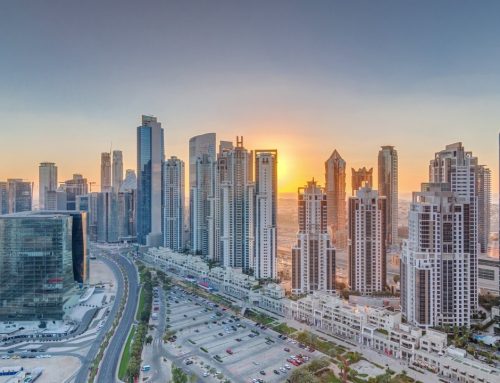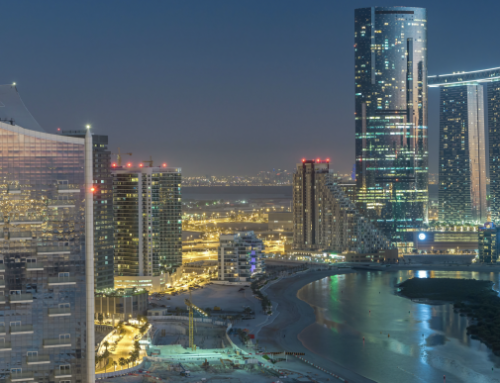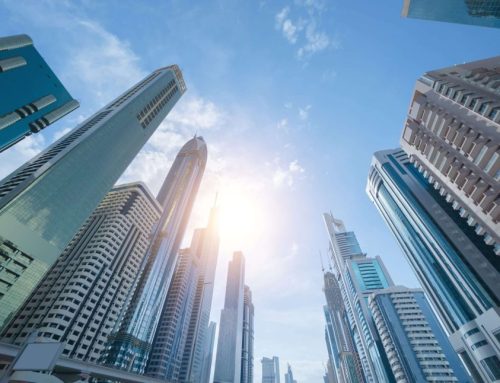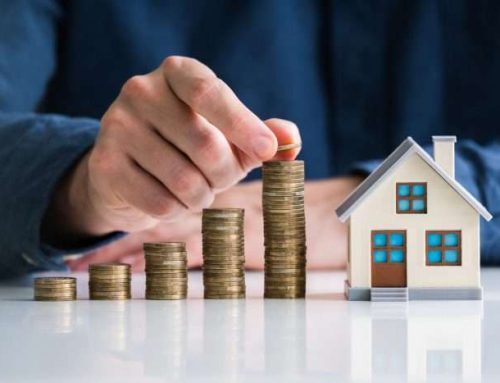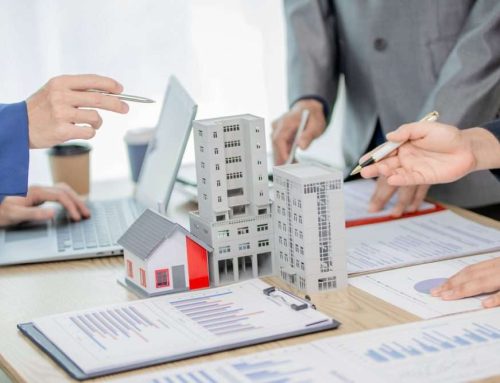Sustainable Transportation in the UAE: How it Shapes Residential Choices
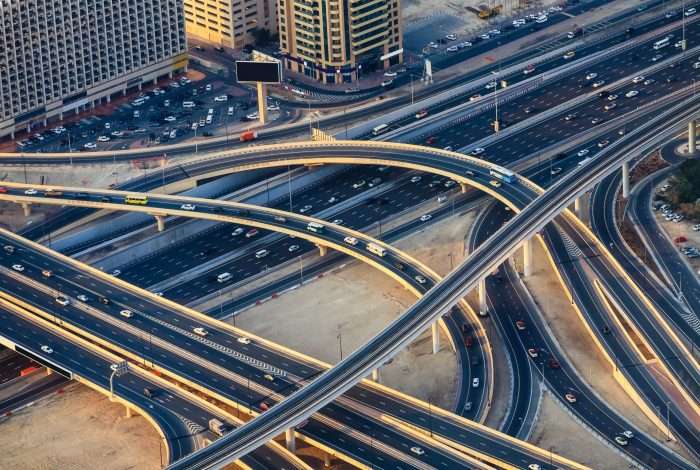
In the ever-evolving landscape of the United Arab Emirates (UAE), sustainability is no longer a mere buzzword – it’s a way of life.
With a focus on reducing carbon emissions and embracing eco-friendly practices, the UAE has embarked on a transformative journey towards sustainable transportation.
This shift isn’t just impacting the environment; it’s also reshaping the way residents choose their homes.
We’ll explore how sustainable transportation influences residential choices in the UAE, and why it matters more than ever.
Integrated Public Transport Networks:
- The Dubai Metro and Abu Dhabi’s upcoming Etihad Rail are prime examples of efficient, eco-friendly modes of travel.
- Integrated networks encourage residents to prioritize public transport when selecting a home location.
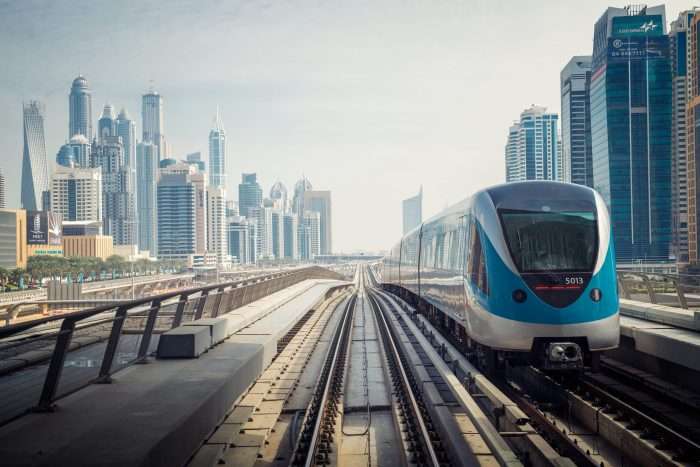
Eco-Friendly Infrastructure:
- Dedicated cycling lanes and pedestrian-friendly walkways are becoming common features in urban planning.
- Abu Dhabi’s Al Reem Island and Dubai’s Jumeirah Corniche exemplify eco-friendly urban design.
- Residents increasingly opt for neighborhoods that promote non-motorized transport.
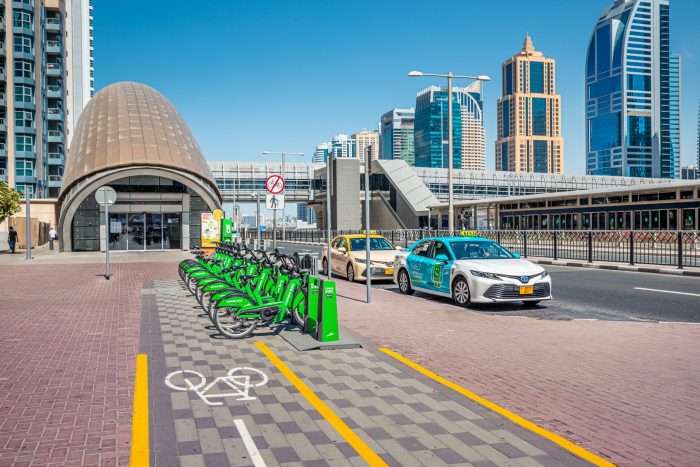
Reduced Carbon Footprint:
- The UAE is striving to reduce its carbon footprint by promoting electric vehicles (EVs) and hybrids.
- EV charging stations are being installed across the country, making EV ownership more convenient.
- Many residential communities offer EV charging facilities, appealing to environmentally conscious residents.
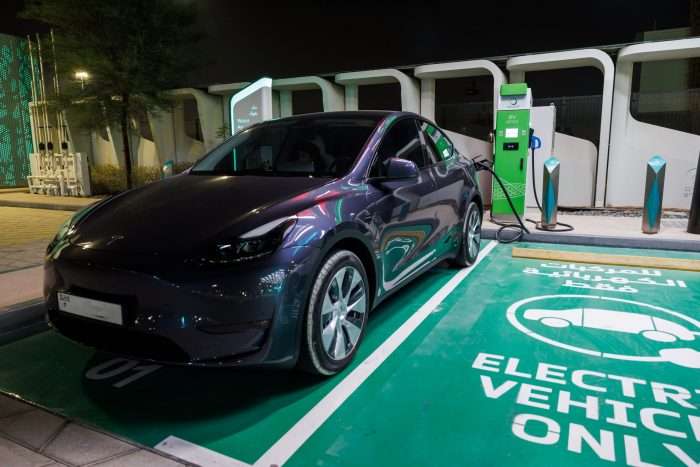
Smart Transportation Initiatives:
- Dubai’s Smart Mobility Plan aims to reduce traffic congestion by 15% and enhance public transport usage.
- Initiatives like carpooling and ride-sharing services align with sustainable living goals.
- Proximity to well-connected transportation hubs influences residential property choices.
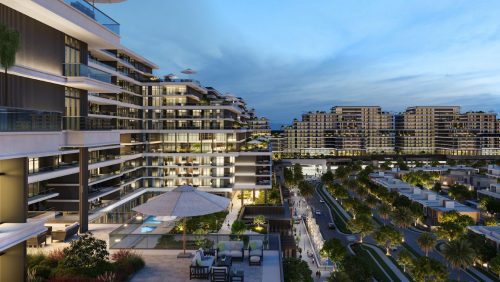
Financial Incentives:
- UAE governments offer incentives for adopting sustainable transportation methods.
- Reduced tolls, parking benefits, and vehicle registration discounts are enticing factors.
- Residents factor in these financial perks when deciding on where to live.
Health and Wellbeing:
- Reduced air pollution and traffic congestion contribute to improved air quality and overall health.
- Proximity to parks and recreational areas accessible via sustainable modes of transport enhances wellbeing.
- Residential communities focused on sustainable transportation align with health-conscious lifestyles.
As the UAE leads the charge towards sustainable transportation, its impact on residential choices is undeniable.
From integrated public transport networks to the adoption of eco-friendly infrastructure, the shift towards sustainable living is shaping the way residents choose where to live.
Beyond being environmentally responsible, embracing sustainable transportation enhances residents’ quality of life, health, and financial wellbeing.
In a country where innovation knows no bounds, sustainable transportation has become a driving force behind modern residential decisions.

